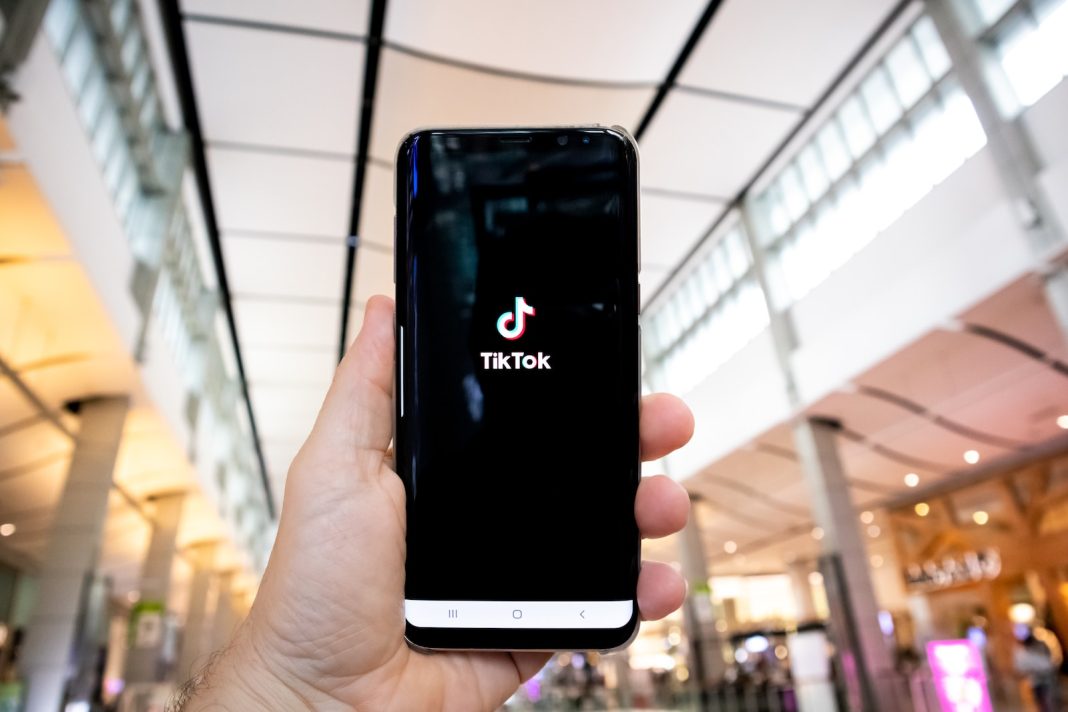In the ever-evolving landscape of global politics and technology, China’s strategic use of soft power mechanisms, particularly through censorship, has found a symbolic icon in the form of the popular social media app, TikTok. Despite the platform’s persistent denial of direct ties to the Chinese government, recent discussions in US congressional hearings have sparked suspicions about a potentially deeper connection, prompting a closer examination of the intersection between censorship, global influence, and cultural dissemination.
TikTok, owned by ByteDance, insists it is a private entity, distinct from the Chinese government. CEO Shou Zi Chew adamantly refutes any claims of direct control. However, the ongoing debates about potential bans and the scrutiny faced during congressional hearings hint at a level of skepticism prevailing in some quarters regarding TikTok’s true affiliations.
The heart of the matter lies in deciphering how platforms like TikTok align with China’s broader interests in disseminating its culture, bolstering global influence, and censoring dissenting views beyond its borders.
TikTok’s seemingly innocuous content, comprising catchy dances and comedic sketches, belies a more profound ethos – the Chinese concept of “living silently.” This approach, characterized by a non-confrontational online presence and minimal criticism of the Chinese government, aligns seamlessly with China’s stringent censorship laws. In doing so, TikTok strategically navigates potential controversies, safeguarding itself from the risk of being banned in its home country.
This approach sharply contrasts with the values upheld by western democracies, where freedom of expression is cherished, even when it involves expressing controversial or unpopular opinions. The clash between these divergent philosophies fuels the ongoing debate in western countries about TikTok’s role and the broader implications of digital platforms serving as instruments of state influence.
The fusion of censorship and capitalism becomes apparent as China, buoyed by global economic interests, seeks to extend its reach beyond its borders. China’s pursuit of cyber sovereignty, its influence in shaping global digital standards, and its aspirations to lead the digital era align with broader geopolitical goals, exemplified by initiatives like the Belt and Road Initiative.
This confluence of economic and geopolitical ambitions has led to accusations of “economic coercion,” where governments and corporations, enticed by the prospect of accessing China’s vast market, may compromise their foundational principles, including freedom of expression. The subtle but potent economic leverage wielded by China prompts nations and businesses to reconsider opposing or criticizing its policies.
Beyond content curation, China employs what scholars term “transnational repression,” leveraging a combination of digital platforms, surveillance technology, and international collaborations to stifle dissent not only within its borders but also among its diaspora. By compromising foundational values to access China’s markets and resources, governments and corporations inadvertently contribute to extending the regime’s control globally, limiting criticism and challenges to its authority.
The ideological divergence between platforms like TikTok and western democratic values transcends mere business challenges, representing a profound conflict of principles. Digital platforms originating from China, including TikTok, operate within a framework mandating content alignment with the Chinese government’s directives.
China’s commitment to ideological principles, rooted in historical movements such as the “Yan’an Rectification Movement” of 1942, persists in contemporary campaigns like “class struggle.” While strategies may have evolved, the core objective remains unchanged – amplifying the influence of an assertive, authoritarian regime.
In today’s interconnected world, digital platforms like TikTok serve as more than just sources of entertainment; they embody the convergence of technology, politics, and culture. TikTok’s global reach transforms it from a mere entertainment app into a digital stage where business, entertainment, and geopolitics intertwine.
As users engage with these platforms, it becomes imperative to recognize the underlying currents and understand the geopolitical dynamics beneath the surface of viral trends and social media challenges. TikTok’s dance with censorship emerges as a microcosm of the broader global struggle for influence, prompting societies to question the balance between technological progress, democratic values, and the ever-expanding reach of authoritative regimes.


